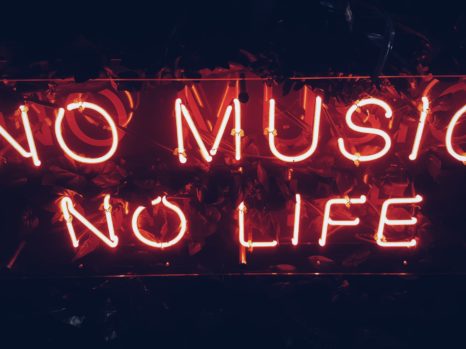One of the most important forms of artistic expression is that music is embedded in culture and human identity. We have all been exposed to music in one way or another, whether we are listening to recordings, playing an instrument, going to concerts or dancing. It offers a unique emotional experience that gains personal and social significance in infinite ways. As a neurologist specializing in dementia, I have long wondered about the connection between music and memory and the relationship between music and knowledge. For example. Do people with dementia benefit from exposure to music? If so, what are these benefits and how does it work?
Over the past 25 years, many published reports and studies have examined the relationship between music and cognitive impairment and sought to shed light on it. Before this, I will provide a comprehensive overview of several notable studies.
Understanding of procedure storage
Despite the degree of brain damage and severity of dementia, in most cases certain activities are preserved and very resistant to decline. These include activities such as riding an indoor bike, music, dancing and throwing a baseball. The person performing these activities may not know who you are or who you are, but these activities have been learned and ingrained and will remain so in your younger years. The memory for these activities is called the procedural memory (MS). Event memory, knowledge, and reasoning, known as explicit memory (MS), gradually disappear as dementia worsens.
What does the literature say about the value of music in people with dementia and other categories of cognitive impairment? Let us first look at people with predominantly moderate to severe memory disorders. In his famous book Musicology, published in 2007, the late Oliver Sacks discussed only a few patients with severe memory impairment. It mainly affects the medial temporal lobes, which are responsible for the normal functioning of memory. His memory was less than 15 seconds. He had no new memories to keep and had lost most of his past. His wife, Deborah, explained that every moment of awakening seemed to be the first moment of awakening. “He always feels like he just came out of the unconscious and came out of the dead,” she said.
Dr. Sacks interviewed Clive at home and noticed some Bach music sitting at the piano asking him to play it. Clive said she never played it and never saw it. Then she started singing Prelude 9 in E major and remembered having played it before. His memory of this piece first came when he played it. With this music he could improvise, joke and play with any piece of music. His general knowledge or semantic memory was strongly influenced along with his episodic and everyday memories. Clive was safe enough in his house, but he would immediately be lost if he went alone. His musical powers, however, were completely intact. He automatically managed to read music, sing notes, play the keyboard and sing with his wife and create his own world. Clive did not lose the skills she had previously acquired before encephalitis, and managed to learn new skills through training and practice, even though she did not memorize the training sessions. Without an explicit memory intact, Clive could not remember from day to day which piece he had previously decided, which piece he had worked on or had ever worked on. Without a close direction from another, he could not take over the process of learning a new piece, regardless of his considerable technical abilities. Twenty years after his encephalitis, Clive had left space and time, but when he was seen alone or with his wife at the keyboard, he was himself again and completely alive. His life was about filling the present – the present – and this only happened when he was completely immersed in his music.
Interestingly, the response to music continues even after dementia has developed, e.g. B. when patients have an executive impairment (assessment, planning, reasoning, and perspective), language, and language.
Music and Dementia: Looking at the Data
Musical perception, musical emotion, and musical memory can survive long after other forms of memory and cognitive function have disappeared. In non-demented Parkinson’s disease, music therapy can lead to fluent motor flow, such as dancing. But once the music stops, so does the improvement in motor function. In dementia it can improve mood, behavior, and in some cases cognitive function, which can persist for hours and days after the music stops. Music also does not need to be familiar to exert these improvements and one does not need to have any formal knowledge of music or be musically inclined to enjoy music and respond to it at the deepest level.













